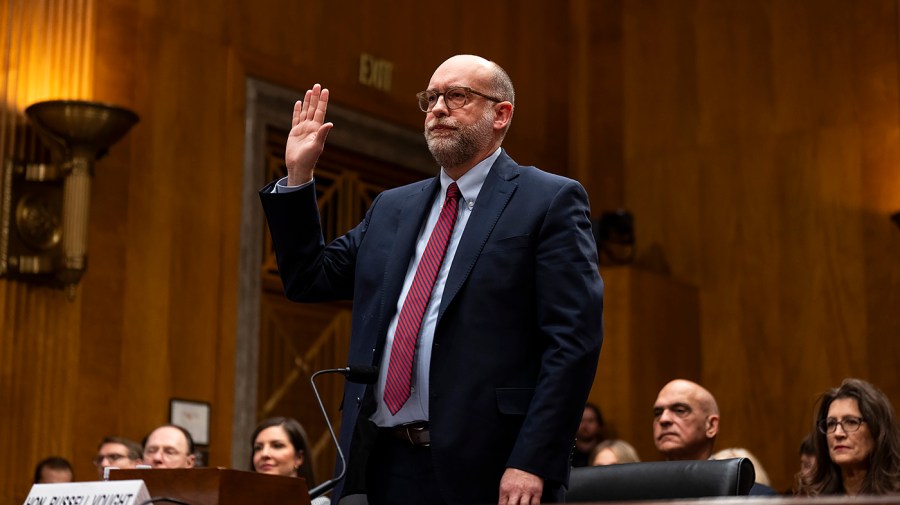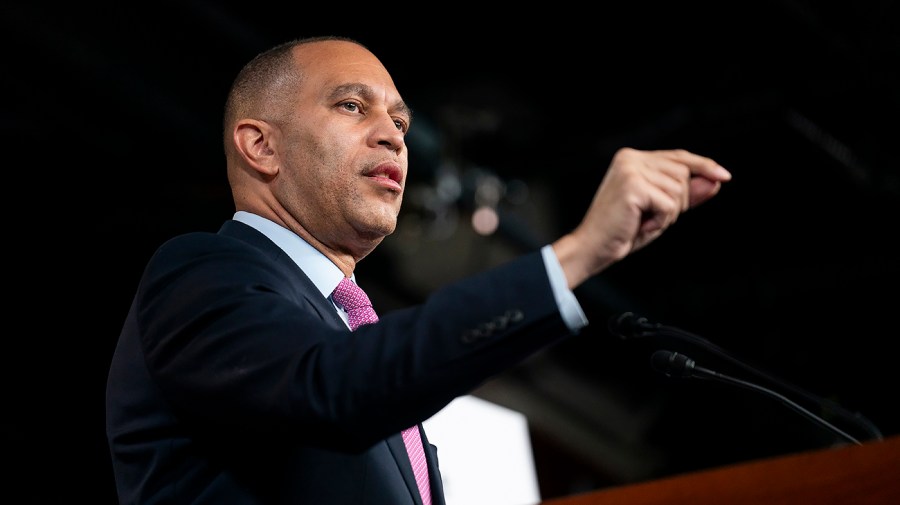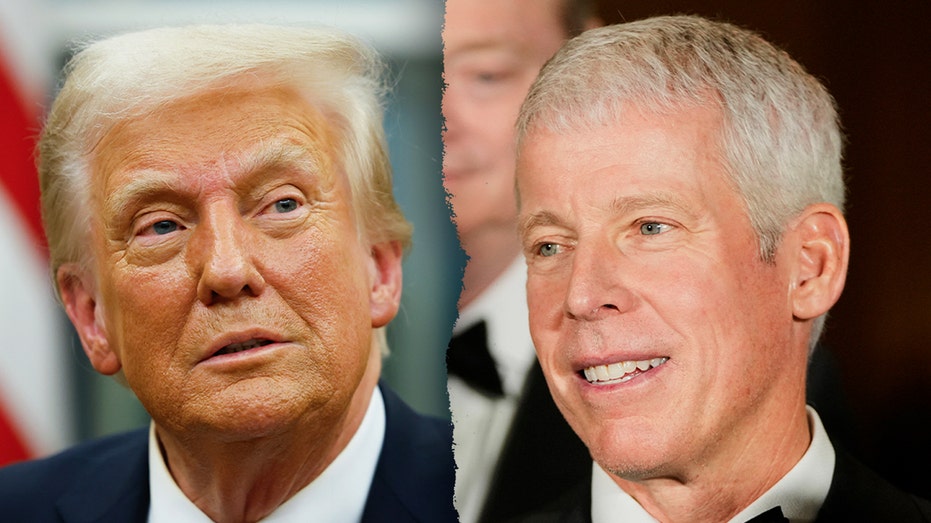Related video: Trump moves to shut down USAID
(NewsNation) — President Donald Trump is said to be considering using an executive order to abolish the Department of Education, but what impact would that have on Americans?
Trump campaigned on the issue, calling it federal oversight and saying it was “indoctrinating” children and would send education back to the states. While Trump accused the department of overreach, the federal curriculums for schools have always been set at state and local levels.
“We’re ranked number one in cost per pupil, so we spend more per pupil than any other country in the world, and we’re ranked at the bottom of the list,” Trump said. “We’re ranked very badly. And what I want to do is let the states run schools.”
Previously, some programs now run by the Education Department were housed under other government agencies. It’s possible they could be returned to those or eliminated entirely.
Can Trump close the Department of Education?
Because the department was established by Congress, it would also require an act of Congress to shut it down. It isn’t clear how Trump plans to clear that legal hurdle if he attempts to close the department using an executive order.
If programs run by the Department of Education are eliminated, it could impact a significant number of Americans.
Funding for K-12 schools
The Department of Education administers funding for K-12 schools that is appropriated by Congress. The largest are the Title 1 program, which helps educate children from low-income families, and the IDEA program, which helps students with disabilities.
Funding for both of those programs accounts for around $28 billion a year. While it’s a significant dollar amount, it only amounts to roughly 10% of funding. It’s not clear how schools would be expected to make up for the loss in funds if those funds were to be eliminated.
There are challenges to eliminating those funds, however. Title 1, for example, is established as a federal program and couldn’t easily be cut.
It is possible the funding could simply be moved to another agency. Both programs have had strong bipartisan support, with Congress resisting calls from presidents to cut funding for them, which could help preserve them.
Protecting students from discrimination
The Education Department also provides oversight for schools, notably through the Office of Civil Rights, which investigates discrimination complaints filed against colleges and K-12 schools.
It can also create federal rules, which have been used to protect minority populations, with the Biden administration strengthening protections for transgender students and the Obama administration working to protect minority students from unfair discipline.
Trump already rolled back the Obama-era rules during his first administration.
If the department is dismantled, it’s unclear how anti-discrimination policies would be made or enforced, or if such policies would continue to exist. Because those policies are often enforced through conditions attached to federal funding administered by the department, there would also be no way to track whether discriminatory rules or actions were happening on a nationwide scale.
If programs like IDEA are defunded, it could also make it more difficult for parents whose children rely on individual education plans (IEPs) or who have other special needs to get the resources they are required to receive. It could also make it more difficult for parents to pursue complaints against schools that do not provide adequate resources for disabled students.
Administering student loans and grants
Student loans and grants for higher education are a big part of the department’s work and one that touches the lives of many Americans.
The biggest grant program for low-income students, the Pell Grant program, is run by the department but eligibility is set by Congress. That means Trump shouldn’t be able to eliminate it on his own.
While those grants may be okay, other aid programs could be eliminated. Currently, federal student loans are provided and serviced by the department.
If the government decides to reduce or eliminate its role in lending for education, students who need help to afford college would have to rely on private lenders. That could mean higher interest rates, no income-based repayment and no option for programs that forgive student loans if students work in particular fields.
Those who already have student loans would likely see a disruption in servicing as the loans would have to be transferred elsewhere, potentially to the Treasury Department. That would include payments for students who are currently enrolled.
For those with student loan debt, that debt wouldn’t disappear. It could potentially be transferred to another agency or possibly sold to a private loan servicer. Debt sold to a private loan servicer would still be subject to the conditions of the original loan but it could complicate efforts to institute student loan forgiveness in the future.
Oversight for for-profit colleges
The Department of Education also provides oversight when it comes to for-profit colleges. That could enable for-profit schools to operate with less stringent standards, which could leave students with amounts of loan debt despite receiving an inadequate education.
The department also provides oversight for independent organizations that provide accreditation for colleges. Without that oversight, there could be changes to what those groups require for a college to be recognized and accredited.






Leave a Reply